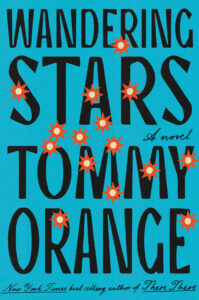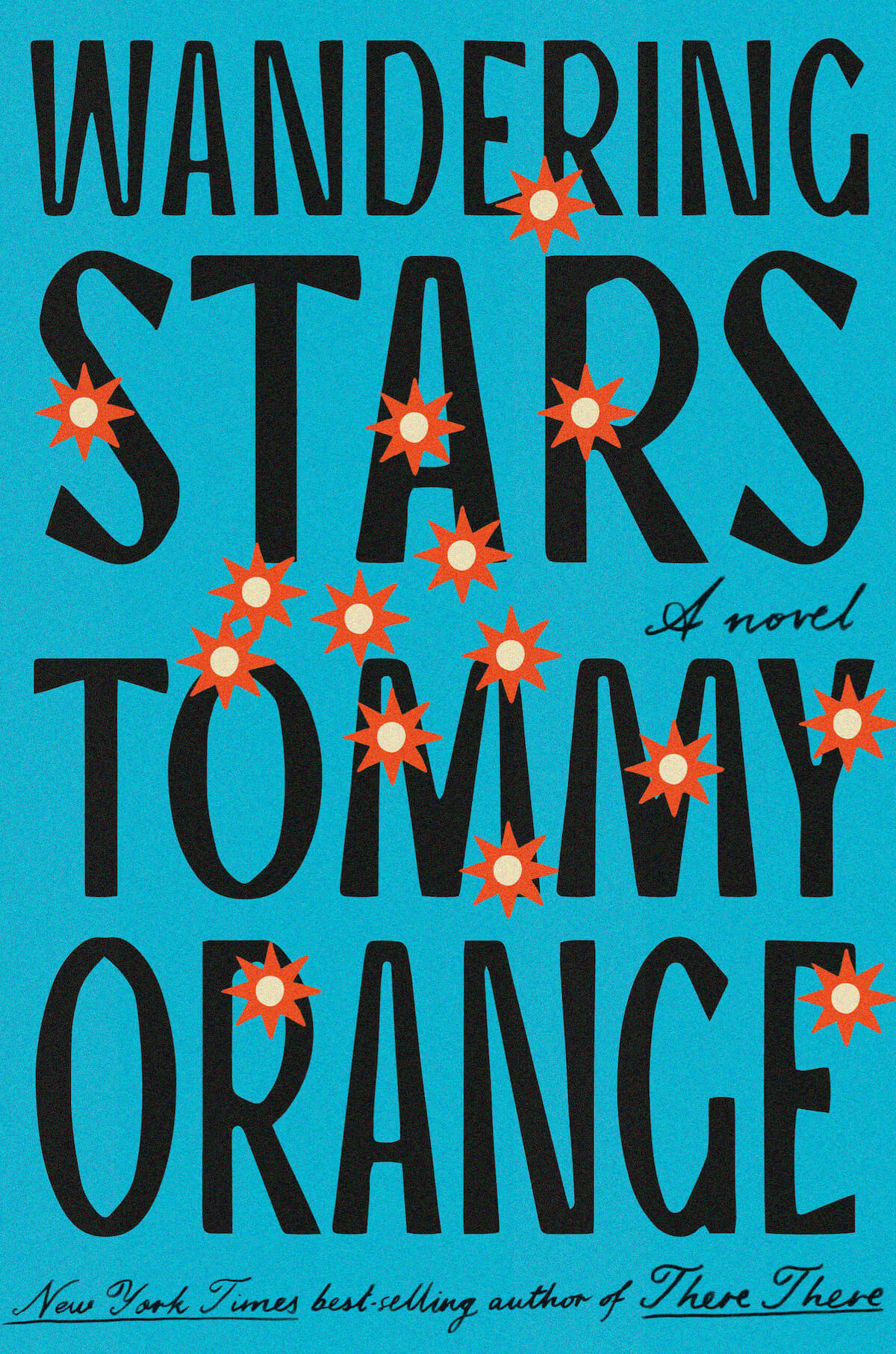A wandering star traces its legacy
Generations of pain and endurance, starting at Sand Creek in 1864
Generations of pain and endurance, starting at Sand Creek in 1864
The Sand Creek Massacre, one of the most horrific incidents in American history, occurred on November 29, 1864, in what is now Kiowa County, Colorado. A force of 675 men from the Third Colorado Cavalry attacked an invited, peaceful gathering of Cheyenne and Arapahoe people. Hundreds of Native People, more than two thirds of them women and children, were killed and mutilated.

Tommy Orange
In his newest novel, Wandering Stars, Native author Tommy Orange begins with the aftermath of that carnage, showing how it ripples through the familial generations of his character, Jude Star. Wandering Stars is a continuation of sorts of Orange’s debut novel There, There, a Pulitzer Prize finalist.
In “Part One: Before,” Orange grabs readers by the hand and yanks them into the immediate aftermath of the events at Sand Creek. We meet a weak and dangerous man, the real-life Brigadier General Richard Henry Pratt, infamous both for believing that the government had to “kill the Indian . . . to save the man,” and for directing the Carlisle Indian Industrial School’s compulsory immersion education program. “In Indian civilization I am a Baptist, because I believe in immersing the Indians in our civilization, and when we get them under holding them there until they are thoroughly soaked,” says Pratt.
We are shoved face-first into the barbarity and atrocities of this assimilation regime. Indeed, the brutality of forced conformity of Indigenous Peoples, both young and old, is almost unbearable to witness. Orange’s directness with words and thoughts vividly displays the outrage and sadness that persists in generation after generation. Star is compelled to cut his hair, wear a military uniform and forgo his “blanket ways” to become a Christian. Star’s descendants, first the Bear Shields families, then the Red Feather families, try to cope with being Native, suddenly unwanted strangers and prisoners in their own land. They are repeatedly challenged by imprisonment, forced servitude, unplanned pregnancy, religion, murder, drink and morphine.
become a Christian. Star’s descendants, first the Bear Shields families, then the Red Feather families, try to cope with being Native, suddenly unwanted strangers and prisoners in their own land. They are repeatedly challenged by imprisonment, forced servitude, unplanned pregnancy, religion, murder, drink and morphine.
In “Part Two: Aftermath,” we jump forward to 2018. The Red Feather family continues to struggle with personal demons and trauma. Orvil relies on drugs to get through things, Loother seethes at the world and Lony develops a predilection for physical self-harm. Addiction in one form or another is a great beast that lurks just beneath the surface, always tempting, always threatening. Opal, the grandmother and bridge between generations past and present, does her utmost to keep the heritage and family together, although she is not completely honest or forthcoming.
Wandering Stars is more a collection of linked short stories and less a novel. Personal histories overlap, intertwining and layering with each character’s narrative. Readers are given an eye-opening, first-hand account of what being Native in a White world means, both historically and in the present day. Orange’s words are fierce and gritty with pebbles of anguish and pain, but they are balanced with emotionally poetic writing and moments of tenderness. The staccato abruptness of the dialogue and storytelling adds to the emotional impact and accentuates the characters’ endurance.
This book will not make readers feel warm and fuzzy. Rather, it brings an authentic perspective to Native Americans’ experience and circumstances. Through Orange’s keen sense of historic impact and skilled writing, we enter the complicated relationships Native Americans have with their own history and society, and with our greater community.
Jeffery Payne has been a bookseller for over 40 years. Currently living and working in downtown Colorado Springs, he is incredibly grateful that he gets to do what he loves to do. When not shelving books he can be found tending his garden and working out ways to sneak more books into the house.
Click here for more from Jeffery Payne.

